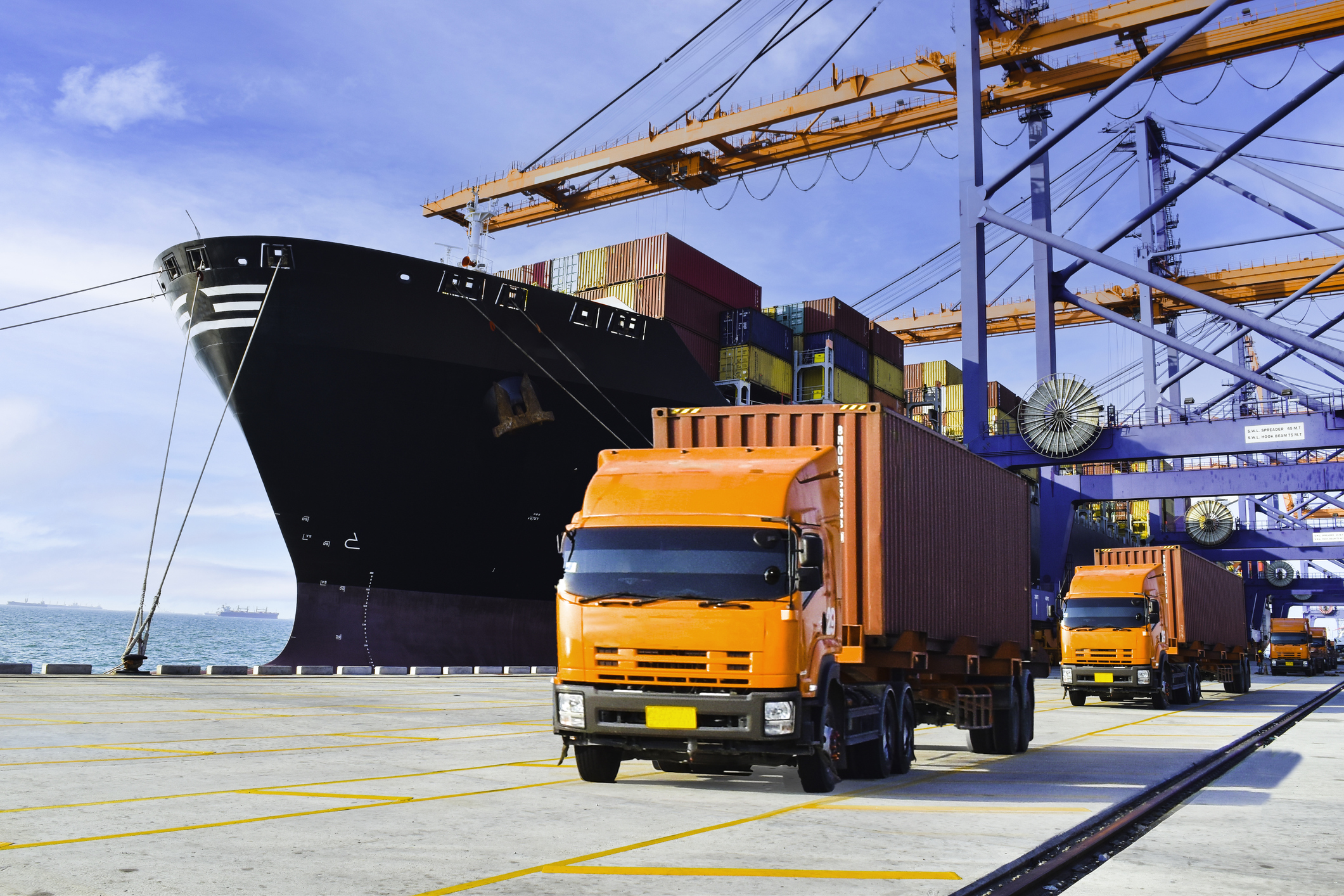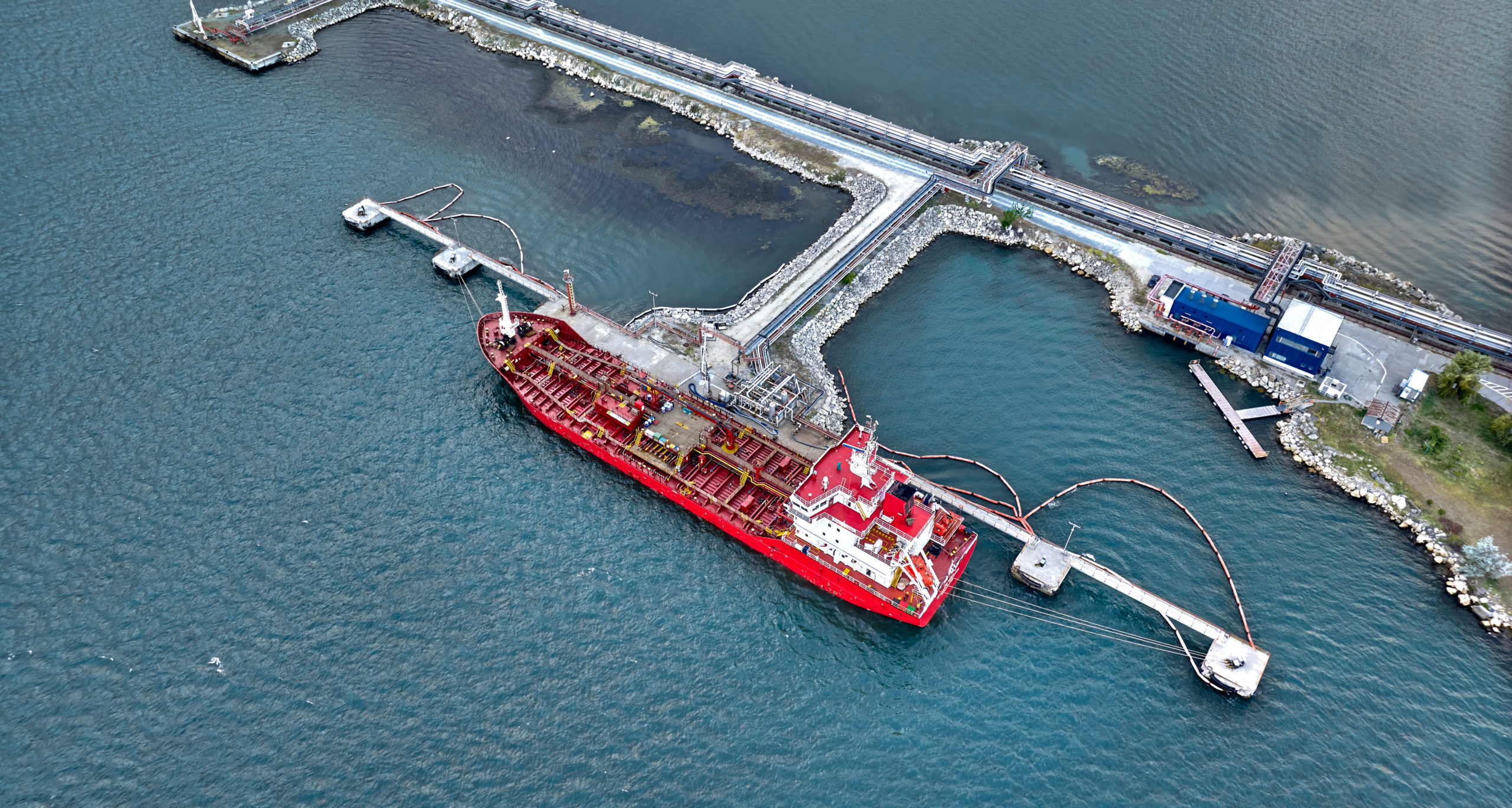OCEAN Combines Data-Driven Approach with Sophisticated Underwriting, Backed by A-Rated Atain Insurance Companies
NEW YORK (MAY 22, 2025) – RB Jones, a leading Managing General Underwriter providing specialty risk coverage solutions for brokers, agents and wholesalers, today announced the launch of OCEAN, an exclusive Excess Commercial Auto Liability Program for Marine Assureds. The program is designed to initially offer up to $1MM of stand-alone excess liability limits, with the flexibility to attach directly above primary commercial auto liability policies or higher depending on the individual risk.
OCEAN offers an important advantage by tapping into a series of data providers and technologies, cultivated in-house and via external partnerships, which provide RB Jones with operational efficiencies and additional insights that will enable its team to make more informed underwriting decisions.
“While RB Jones is already highly regarded for our team’s underwriting acumen, OCEAN capitalizes on a wealth of available information to sharpen our appetite and make more data-driven decisions,” said Tim Crowe, Director, RB Jones. “Commercial Auto exposures within Marine portfolios have been a market headache for decades. We believe OCEAN is well positioned to address this need, while providing protection against automobile loss volatility.”
Target classes include Marine Assureds with vehicle exposures involved in Marinas, Contracting, Shipyards, Terminals, Ferry/Passenger Vessel Operations, Commercial Vessel Operations and other Marine services. OCEAN was developed by the Innovates team at RB Jones, a division that utilizes advanced technology capabilities to directly address product and coverage gaps in the marketplace. OCEAN is exclusively backed by Atain Insurance Companies, an “A” rated (Excellent by AM Best) insurance carrier.










